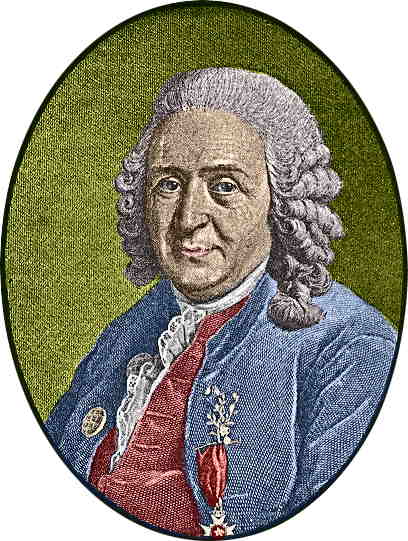A Rift Over Carl Linnaeus Shows We Shouldn’t Idolize Scientists
By Brian Lovett,
Undark
| 08. 06. 2020
The traditions we carry into the future, including who we choose to honor, should be able to withstand modern scrutiny.
WE ARE LIVING through a period of cultural upheaval. Around the world, statues of iconic men who held racist beliefs and committed racial injustices are being ripped from their pedestals. The dull thud of metal bodies hitting concrete rings fresh in our ears, and many of us are still grappling with what these reverberations mean.
Statues of racists are monuments to the dregs of our society. Yet over time, their pedestals have crept so high that, for some people, it has become unthinkable that any scandal could justify their removal. Today, these memorialized men look down on us from high places that they do not deserve; the scandal is that society has for so long respected the inertia of their corrupting influence.
One such figure is the 18th century Swedish botanist Carl Linnaeus. He devised binomial nomenclature, the ubiquitous system now used to scientifically classify organisms by genus and species. He then used his nomenclature to classify humans by “variety,” ascribing inherently positive traits to lighter-skinned Europeans and negative traits to darker-skinned Africans and Asians, thereby laying a pseudoscientific foundation for...
Related Articles
By Emma McDonald Kennedy
| 11.24.2024
Gig work in childcare, nursing, and transportation; non-invasive prenatal testing; gene editing; and space expeditions can all be attributed to one mistaken, pervasive assumption: that “we can innovate our way out of the thorniest problems, including reproductive ones” (22). In Reproductive Labor and Innovation: Against the Tech Fix in an Era of Hype, feminist political theorist Jennifer Denbow demonstrates why the U.S. has put so much of its hopes, and its money, on technological “innovations”––and why that hasn’t addressed...
By Arwa Mahdawi, The Guardian | 11.19.2024
Photo "Elon Musk Presenting Tesla's Fully Autonomous Future" by Steve Jurvetson on Flickr (CC BY-NC-SA 2.0)
Is Elon Musk the dinner party guest from hell? It sure seems that way. Not only is the man desperate for people to...
By Jantina de Vries, EthicsLab | 11.15.2024
The conversation around human heritable genome editing (HHGE) in South Africa is marked by controversy and conflicting interpretations of the law. At the center of this debate lies a team of lawyers based at a South African university, who have...
By Zeenat Beebeejaun, PET | 10.28.2024
Building on the 2016 BBC Panorama documentary 'Inside Britain's Fertility Business', which exposed the use of controversial fertility treatment add-ons in private fertility clinics (see BioNews 880), Manuela Perrotta's book, Biomedical Innovation in Fertility Care, unveils regulatory inadequacies...




